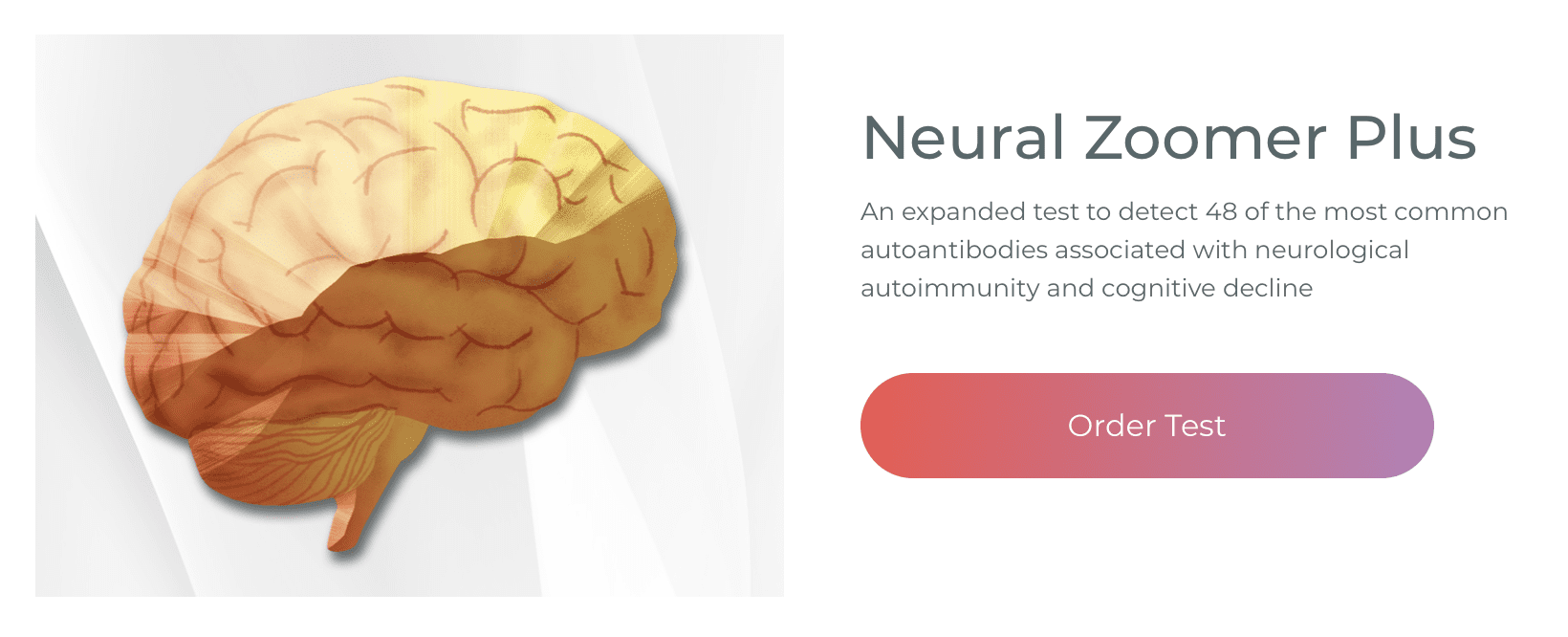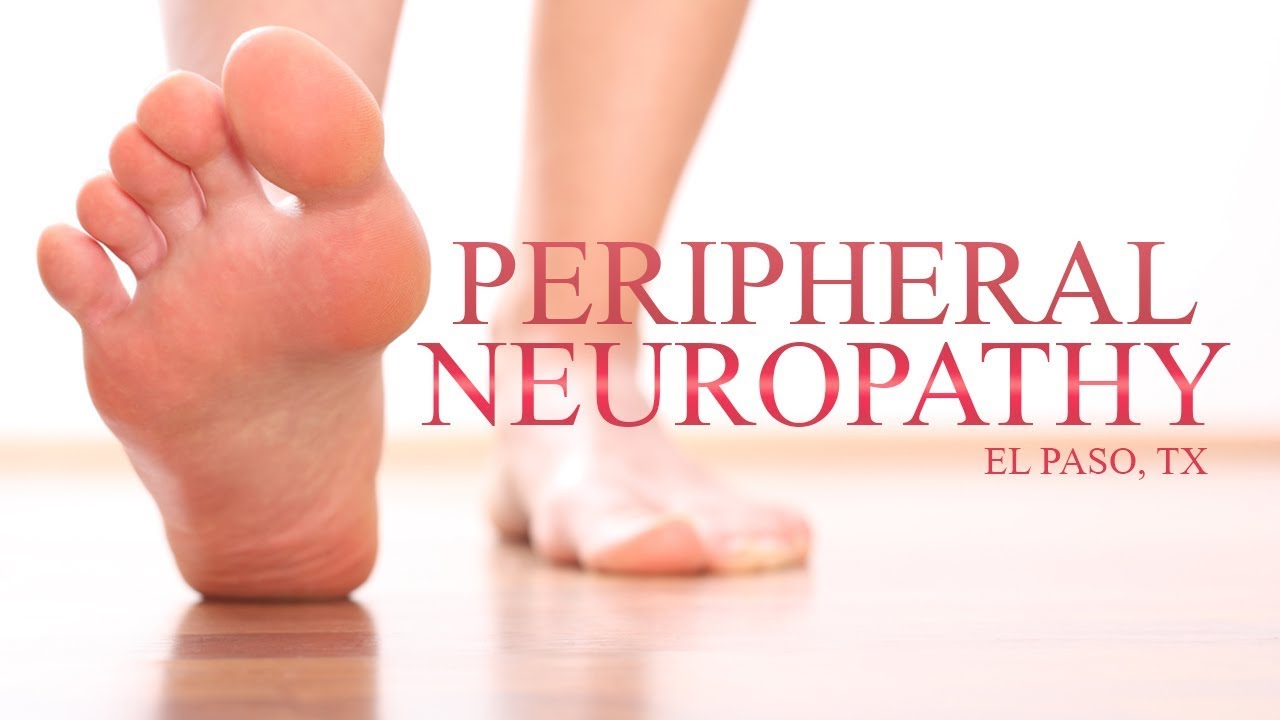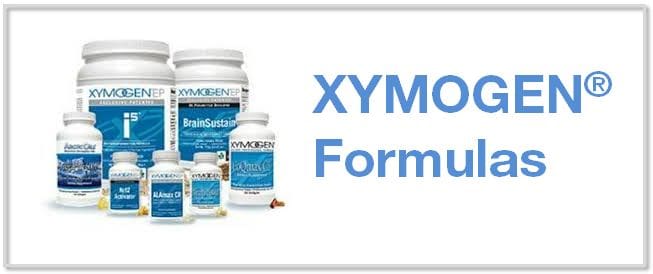Approximately 1 million people in the United States have Parkinson’s disease (PD) and about 60,000 more people are diagnosed with the movement disorder every year. Common PD symptoms can include, muscle soreness, spasms, and tremors, however, symptoms may be different for each person. Although further research studies are still required to determine the causes of PD, scientists have found that the movement disorder is associated with a lack of dopamine in the human body. Healthcare professionals are starting to look for ways to naturally increase dopamine through a patient’s diet. �
Other Parkinson’s disease symptoms, such as confusion and dementia, may also improve through diet and lifestyle modifications like exercise. Moreover, while drugs and/or medications, such as levodopa (Sinemet) and bromocriptine (Parlodel), are used to help control PD symptoms, there are currently no treatments that will help completely stop Parkinson’s disease symptoms and these can often have severe side effects. That’s why more people are starting to look for more natural treatments for Parkinson’s disease. In the following article, we will discuss the role of nutrition in Parkinson’s disease. �
Contents
The Role of Nutrition in Parkinson’s Disease
Proper nutrition can help promote the body’s ability to control symptoms associated with Parkinson’s disease as well as support overall health and wellness. Patients with PD should eat plenty of fruits, vegetables, protein-rich foods, including legumes and beans, and whole grains as well as drink enough water for overall well-being. Patients with PD should also consider eating “good” fats, such as nuts, olive oil, eggs, and fish as well as foods that are high in antioxidants to ultimately help reduce oxidative stress and inflammation in the brain. Patients with PD should be aware of several special considerations. �
- Dehydration: The use of drugs and/or medications to help control PD symptoms can also cause dehydration. Dehydration can cause fatigue that may also cause weakness, confusion, balance problems, and kidney health issues. PD patients should drink plenty of water and other fluids.
- Constipation: Parkinson�s disease can slow down the digestive system and cause constipation. Constipation is often a mild to moderate problem, however, severe constipation may cause the large intestine to become impacted. Eating plenty of fiber-rich foods, such as fruits, vegetables, and whole grains, drinking enough water and other fluids, and exercise can also help patients with PD avoid constipation problems.
- Drug and/or medication interaction: One of the most well-known drugs and/or medications commonly utilized to control PD symptoms, carbidopa-levodopa, is absorbed in the small intestine, however, that absorption can be interrupted if it’s taken immediately after eating a high-protein meal. Make sure to eat protein-rich foods at other times of the day in order to help maximize the effects of the drugs and/or medications.
Although there is no specific diet for Parkinson’s disease, the nutritional guidelines below may ultimately help regulate and manage PD symptoms, including:
- Avoiding �fad� diets. PD patients should eat a variety of different foods, following the guidelines of the U.S. Department of Agriculture MyPlate program.
- Eating a balanced diet. Eating fruits, vegetables, protein-rich foods, and whole grains can provide nutrients necessary for overall well-being.
- Restricting sugar consumption. Eating too much sugar has many calories and few nutrients. It can also cause a variety of other health issues.
- Decreasing salt and sodium consumption. Eating less salt and sodium can ultimately help decrease the risk of developing high blood pressure.
- Adding foods that are high in antioxidants. Foods that are high in antioxidants can include brightly colored and dark fruits and/or vegetables.
- Following a balanced diet and participate in exercise and physical activity. This can also help promote and support overall well-being.
- Maintaining a healthy weight to prevent a variety of health issues. Your doctor can help determine what a healthy weight means for you.
- Reducing or eliminating alcoholic beverages. Drinking too much alcohol can also cause a variety of health issues for several PD patients.
- Drinking enough water and eating fiber-rich foods. Eating fiber and drinking water can help improve constipation and digestive health issues.
- Taking drugs and/or medications with plenty of water. Drinking a full glass of water may help break down the medicine much more efficiently.
- Restricting caffeine, alcohol, and sugar consumption. Taking these, especially before bed, can affect sleep and cause sleep deprivation.
- Talking to a doctor about increasing Vitamin D intake. Vitamin D can help regulate and maintain bone health in patients with PD.
- Snacking on small quantities of cashews, walnuts, and other nuts to promote brain health. Also, try to include berries, which have antioxidants, and anti-inflammatory foods like tuna, salmon, and dark, leafy green vegetables to ultimately help decrease oxidative stress and inflammation.

Parkinson’s disease (PD) is a movement disorder that affects the central nervous system. Common PD symptoms can include, muscle soreness, spasms, and tremors, however, symptoms may be different for each person. Research studies have demonstrated that nerve cell damage in the brain can decrease dopamine, a neurotransmitter and/or hormone, that can cause Parkinson’s disease. Healthcare professionals are starting to look for ways to naturally increase dopamine through a patient’s diet. Proper nutrition can help promote the body’s ability to control symptoms associated with Parkinson’s disease as well as support overall well-being. Although there is no specific diet for Parkinson’s disease, several nutritional guidelines may ultimately help regulate and manage PD symptoms. – Dr. Alex Jimenez D.C., C.C.S.T. Insight
Approximately 1 million people in the United States have Parkinson’s disease (PD) and about 60,000 more people are diagnosed with the movement disorder every year. Common PD symptoms can include, muscle soreness, spasms, and tremors, however, symptoms may be different for each person. Although further research studies are still required to determine the causes of PD, scientists have found that the movement disorder is associated with a lack of dopamine in the human body. Healthcare professionals are starting to look for ways to naturally increase dopamine through a patient’s diet. �
Other Parkinson’s disease symptoms, such as confusion and dementia, may also improve through diet and lifestyle modifications like exercise. Moreover, while drugs and/or medications, such as levodopa (Sinemet) and bromocriptine (Parlodel), are used to help control PD symptoms, there are currently no treatments that will help completely stop Parkinson’s disease symptoms and these can often have severe side effects. That’s why more people are starting to look for more natural treatments for Parkinson’s disease. In the article above, we discussed the role of nutrition in Parkinson’s disease. �
The scope of our information is limited to chiropractic, musculoskeletal, and nervous health issues or functional medicine articles, topics, and discussions. We use functional health protocols to treat injuries or disorders of the musculoskeletal system. Our office has made a reasonable attempt to provide supportive citations and has identified the relevant research study or studies supporting our posts. We also make copies of supporting research studies available to the board and or the public upon request. To further discuss the subject matter above, please feel free to ask Dr. Alex Jimenez or contact us at 915-850-0900.�
Curated by Dr. Alex Jimenez �
References:
- Watson, Kathryn. �Parkinson’s and Diet: Foods to Eat and Foods to Avoid.� Healthline, Healthline Media, 20 Sept. 2018, www.healthline.com/health/parkinsons-and-diet.
- Johns Hopkins Medicine. �Fighting Parkinson’s Disease with Exercise and Diet.� Johns Hopkins Medicine, www.hopkinsmedicine.org/health/conditions-and-diseases/parkinsons-disease/fighting-parkinson-disease-with-exercise-and-diet.
- Parkinson’s Foundation. �Diet & Nutrition.� Parkinson’s Foundation, www.parkinson.org/Living-with-Parkinsons/Managing-Parkinsons/Diet-and-Nutrition.
Neurotransmitter Assessment Form
The following Neurotransmitter Assessment Form can be filled out and presented to Dr. Alex Jimenez. The following symptoms listed on this form are not intended to be utilized as a diagnosis of any type of disease, condition, or any other type of health issue. �
Additional Topic Discussion: Chronic Pain
Sudden pain is a natural response of the nervous system which helps to demonstrate possible injury. By way of instance, pain signals travel from an injured region through the nerves and spinal cord to the brain. Pain is generally less severe as the injury heals, however, chronic pain is different than the average type of pain. With chronic pain, the human body will continue sending pain signals to the brain, regardless if the injury has healed. Chronic pain can last for several weeks to even several years. Chronic pain can tremendously affect a patient’s mobility and it can reduce flexibility, strength, and endurance.
Neural Zoomer Plus for Neurological Disease
Dr. Alex Jimenez utilizes a series of tests to help evaluate neurological diseases. The Neural ZoomerTM Plus is an array of neurological autoantibodies which offers specific antibody-to-antigen recognition. The Vibrant Neural ZoomerTM Plus is designed to assess an individual�s reactivity to 48 neurological antigens with connections to a variety of neurologically related diseases. The Vibrant Neural ZoomerTM Plus aims to reduce neurological conditions by empowering patients and physicians with a vital resource for early risk detection and an enhanced focus on personalized primary prevention. �
Food Sensitivity for the IgG & IgA Immune Response
Dr. Alex Jimenez utilizes a series of tests to help evaluate health issues associated with a variety of food sensitivities and intolerances. The Food Sensitivity ZoomerTM is an array of 180 commonly consumed food antigens that offers very specific antibody-to-antigen recognition. This panel measures an individual�s IgG and IgA sensitivity to food antigens. Being able to test IgA antibodies provides additional information to foods that may be causing mucosal damage. Additionally, this test is ideal for patients who might be suffering from delayed reactions to certain foods. Utilizing an antibody-based food sensitivity test can help prioritize the necessary foods to eliminate and create a customized diet plan around the patient�s specific needs. �
Gut Zoomer for Small Intestinal Bacterial Overgrowth (SIBO)
Dr. Alex Jimenez utilizes a series of tests to help evaluate gut health associated with small intestinal bacterial overgrowth (SIBO). The Vibrant Gut ZoomerTM offers a report that includes dietary recommendations and other natural supplementation like prebiotics, probiotics, and polyphenols. The gut microbiome is mainly found in the large intestine and it has more than 1000 species of bacteria that play a fundamental role in the human body, from shaping the immune system and affecting the metabolism of nutrients to strengthening the intestinal mucosal barrier (gut-barrier). It is essential to understand how the number of bacteria that symbiotically live in the human gastrointestinal (GI) tract influences gut health because imbalances in the gut microbiome may ultimately lead to gastrointestinal (GI) tract symptoms, skin conditions, autoimmune disorders, immune system imbalances, and multiple inflammatory disorders. �
Formulas for Methylation Support
XYMOGEN�s Exclusive Professional Formulas are available through select licensed health care professionals. The internet sale and discounting of XYMOGEN formulas are strictly prohibited.
Proudly,�Dr. Alexander Jimenez makes XYMOGEN formulas available only to patients under our care.
Please call our office in order for us to assign a doctor consultation for immediate access.
If you are a patient of Injury Medical & Chiropractic�Clinic, you may inquire about XYMOGEN by calling 915-850-0900.
For your convenience and review of the XYMOGEN products please review the following link. *XYMOGEN-Catalog-Download �
* All of the above XYMOGEN policies remain strictly in force. �
� �
Modern Integrated Medicine
The National University of Health Sciences is an institution that offers a variety of rewarding professions to attendees. Students can practice their passion for helping other people achieve overall health and wellness through the institution’s mission. The National University of Health Sciences prepares students to become leaders in the forefront of modern integrated medicine, including chiropractic care. Students have an opportunity to gain unparallel experience at the National University of Health Sciences to be able to help restore the natural integrity of the patient and define the future of modern integrated medicine. �
Professional Scope of Practice *
The information herein on "Functional Neurology: Nutrition and Parkinson's Disease" is not intended to replace a one-on-one relationship with a qualified health care professional or licensed physician and is not medical advice. We encourage you to make healthcare decisions based on your research and partnership with a qualified healthcare professional.
Blog Information & Scope Discussions
Our information scope is limited to Chiropractic, musculoskeletal, physical medicines, wellness, contributing etiological viscerosomatic disturbances within clinical presentations, associated somatovisceral reflex clinical dynamics, subluxation complexes, sensitive health issues, and/or functional medicine articles, topics, and discussions.
We provide and present clinical collaboration with specialists from various disciplines. Each specialist is governed by their professional scope of practice and their jurisdiction of licensure. We use functional health & wellness protocols to treat and support care for the injuries or disorders of the musculoskeletal system.
Our videos, posts, topics, subjects, and insights cover clinical matters, issues, and topics that relate to and directly or indirectly support our clinical scope of practice.*
Our office has reasonably attempted to provide supportive citations and has identified the relevant research study or studies supporting our posts. We provide copies of supporting research studies available to regulatory boards and the public upon request.
We understand that we cover matters that require an additional explanation of how it may assist in a particular care plan or treatment protocol; therefore, to further discuss the subject matter above, please feel free to ask Dr. Alex Jimenez, DC, or contact us at 915-850-0900.
We are here to help you and your family.
Blessings
Dr. Alex Jimenez DC, MSACP, RN*, CCST, IFMCP*, CIFM*, ATN*
email: coach@elpasofunctionalmedicine.com
Licensed as a Doctor of Chiropractic (DC) in Texas & New Mexico*
Texas DC License # TX5807, New Mexico DC License # NM-DC2182
Licensed as a Registered Nurse (RN*) in Florida
Florida License RN License # RN9617241 (Control No. 3558029)
Compact Status: Multi-State License: Authorized to Practice in 40 States*
Dr. Alex Jimenez DC, MSACP, RN* CIFM*, IFMCP*, ATN*, CCST
My Digital Business Card













